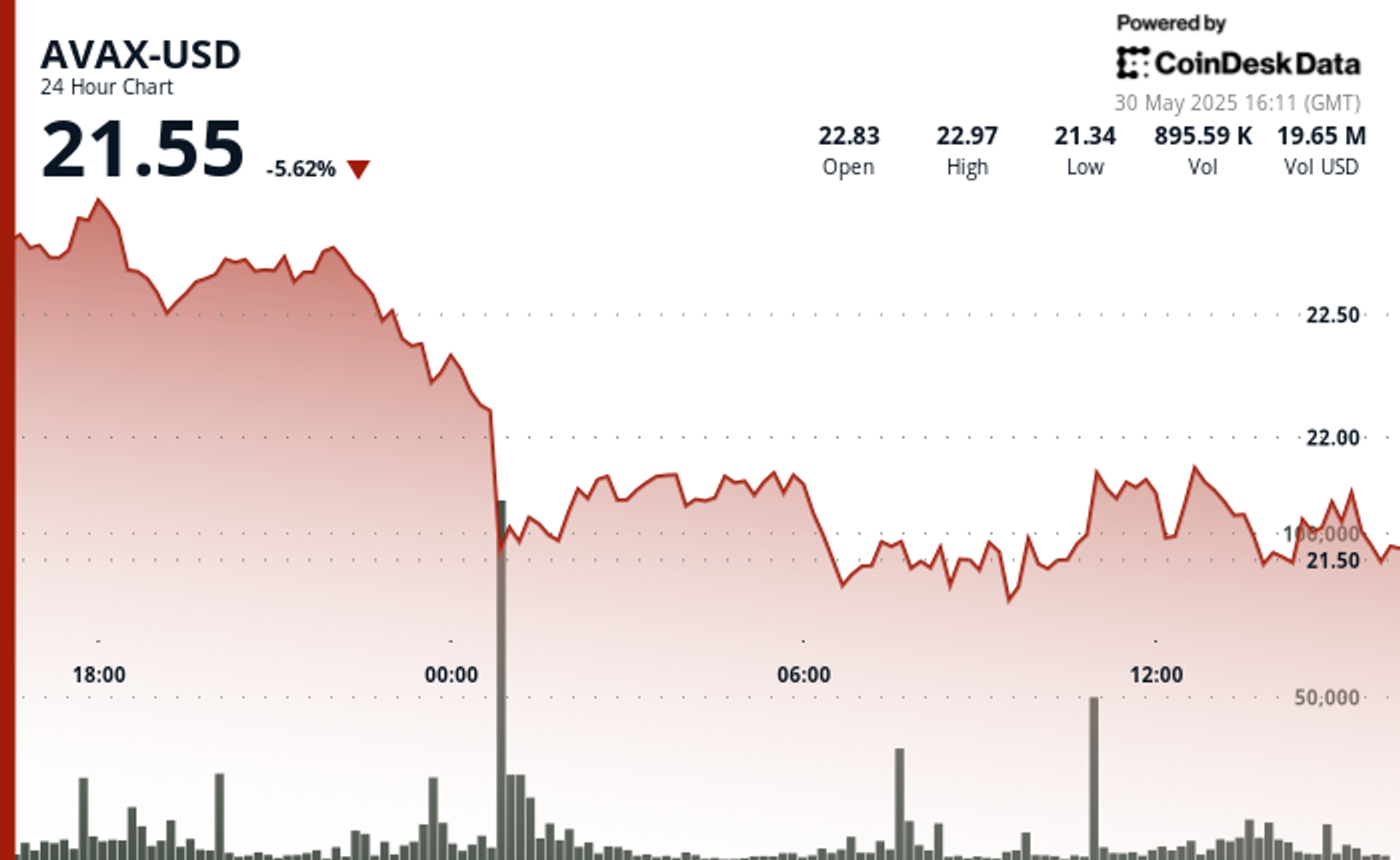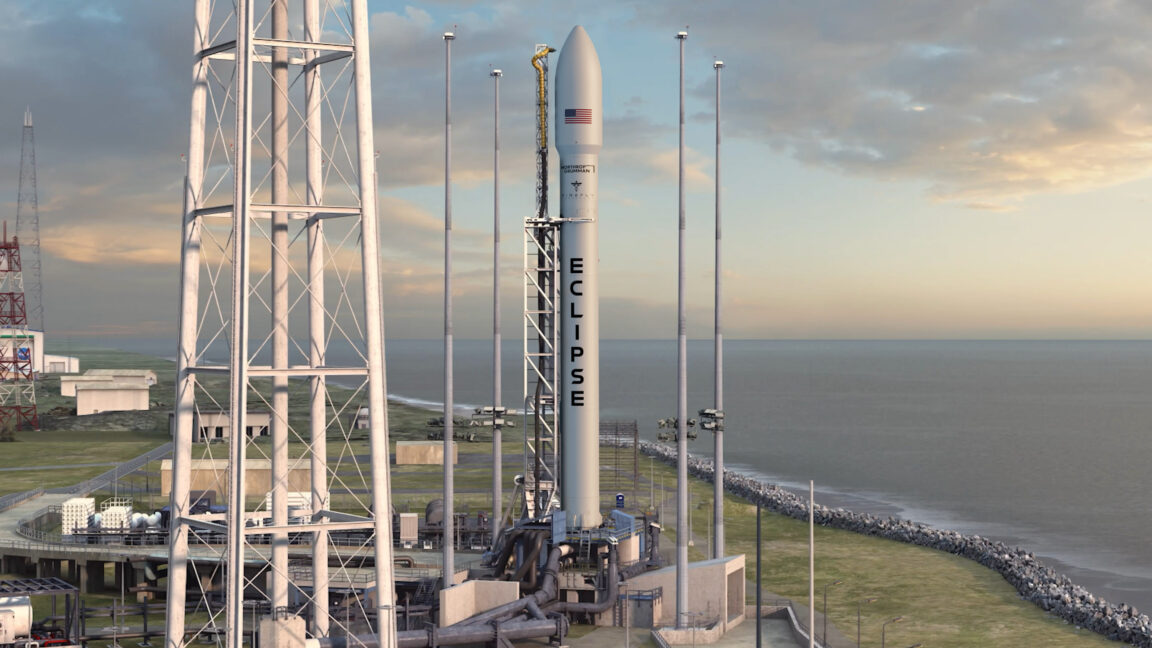If NASA Had Blown Up This Many Rockets, The Government Would Have Cancelled the Space Program
As an institution, the United States Pentagon has come to be known for many things over the years — its transparency, its generosity, its cunning. Consistency is not one of them. In the wake of SpaceX CEO Elon Musk's disastrous Starship explosion — the company's third in a row — some are pining for the good old days of tax-payer funded space research under NASA. "Weren't we NOT blowing up rockets, like, 50 years ago," asked Sarah Jeong, features editor at The Verge on Bluesky. "Also weren't we like 'ah yeah that was a fail' when the rocket fell apart instead […]


As an institution, the Pentagon has come to be known for many things over the years — its transparency, its generosity, its cunning. Consistency is not one of them.
SpaceX, a private company with a valuation of over $350 billion, is currently coasting off billions of dollars in Pentagon launch programs. Based on contracts in force in 2025, the company will now carry out the majority of US military space launches until at least 2036.
But in the wake of SpaceX CEO Elon Musk's latest disastrous Starship failure — the company's third in a row — some are wondering if we weren't better off when space flight wasn't beholden to the whims of a few billionaires, but as a national project under NASA.
"Weren't we NOT blowing up rockets, like, 50 years ago," asked The Verge features editor Sarah Jeong on social media. "Also weren't we like 'ah yeah that was a fail' when the rocket fell apart instead of calling it a 'partial success,'" she asked, referencing Musk's insistence that the latest explosion, as usual, was a "big improvement."
"I understand the part about the 'cost-savings by outsourcing to theoretically nimbler private sector' and the 'cuts to NASA' but also," Jeong pondered, "the rockets keep exploding. Didn't they used to not explode."
Both NASA and SpaceX have different objectives — NASA to investigate (and militarize) air and space, SpaceX to colonize Mars for the glory of corporate capitalism — making direct comparisons tricky. Still, there are some objective differences in the way both agencies pursue their goals that are worth looking into, especially as the US government maintains a financial obligation to both.
As UChicago tech policy scholar Uchenna Andrew Offorjebe pined on Bluesky, "NASA was not allowed to fail in the same ways that SpaceX does."
While failure can be the name of the game when it comes to spaceflight innovations, it's fair to say SpaceX would crumble under the immense pressure put on NASA by the US government throughout the Cold War.
Contrary to popular belief, throughout the 1960s, the years of the famous Apollo program, polls fluctuated from 45-60 percent in favor of cutting of Congress's spending on NASA. Though cold warriors in Washington didn't always follow the will of the public, they still maintained intense scrutiny of NASA's budget, even as the agency put men on the Moon.
In 1965, for example, NASA was forced to appeal to Congress for funding for projects like its solid-fuel rocket program — the propulsion system now undergirding the nation's ICBM arsenal — when Defense budget examiners gutted support for NASA's joint rocket programs. The reason wasn't some earth-shattering launch catastrophe, but NASA's inability to "quantify the noneconomic benefits of space exploration," according to NASA historian Arnold Levine.
This Pentagon withdrawal was despite US President Lindon Johnson's congressional space report, where he called 1965 the "most successful year in our history." (This was the year of the US's first two-man spaceflight, the first American spacewalk, first orbital rendezvous, and a new record set for longest duration of a manned spaceflight, among other achievements.)
SpaceX is under no such scrutiny by Pentagon budget hawks, even as it becomes integral to US Defense agencies. Judging by Musk's own metrics — not just reaching Mars, but building a million-person colony by 2044 — the private company is lagging way behind its childlike ambitions.
In the meantime, it's burning through about $1.5 billion a year on the joint Starbase and Starship program alone, according to the Wall Street Journal.
Though SpaceX is currently profitable thanks almost entirely to Starlink, a subscription-based satellite internet service, the company's future hinges on Starship. Without a viable Starship, the company's $1.6 billion in outstanding debt will only grow as the launch debris piles up.
When that happens, the Pentagon's contracts will likely ensure that SpaceX is too big to fail — great news for Musk, bad news for US taxpayers, and a curious contradiction in a supposedly free-market system.
More on SpaceX: Former NASA Astronaut Says Elon Musk Has No Idea What He's Talking About
The post If NASA Had Blown Up This Many Rockets, The Government Would Have Cancelled the Space Program appeared first on Futurism.



































































































































































































